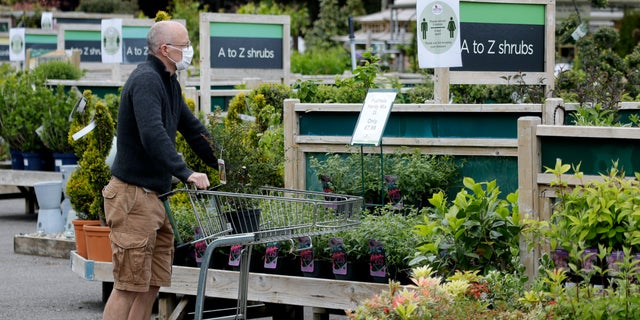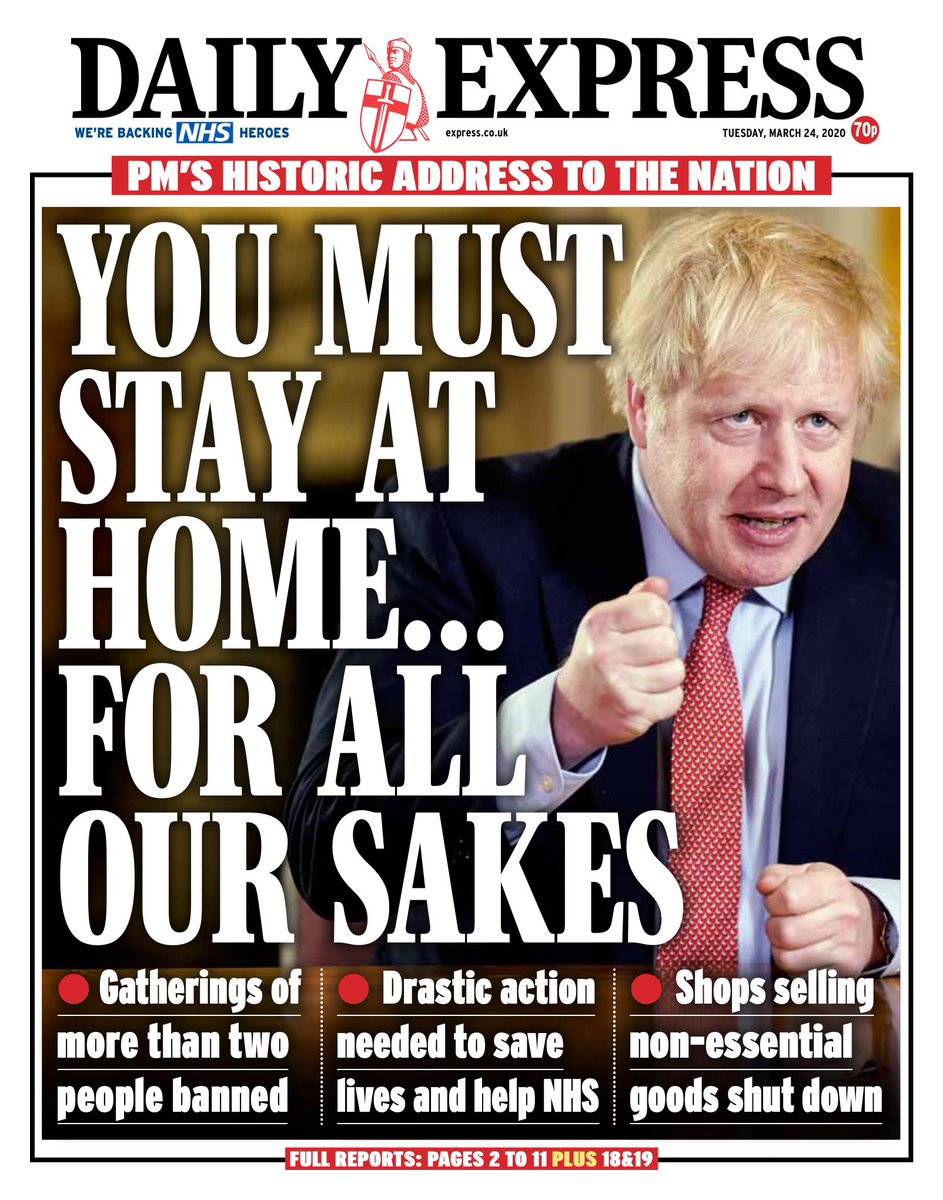

These are not discussed in this briefing.
Coronavirus lockdown full#
Movement restrictionsĭuring full national lockdowns leaving home without a “reasonable excuse” has been prohibited. The penalty for breaking this rule was the same as the “small gatherings rule” it replaced. During summer 2020, England’s national gatherings restriction was a “large gathering rule”. Those enforcing lockdown laws can issue higher penalties to those who break these rules. Specific rules have been made to further discourage large gatherings and illegal raves. Sometimes the size of the gathering permitted is defined by a specific number of households. Various other rules have been in place which allow only for small gatherings.

Some exemptions to these rules allowed larger gatherings for specific purposes. Versions of a rule of six have prevented gatherings larger than six people. Sometimes these rules specify places (usually indoor spaces) where people cannot meet. Household mixing rules have been imposed to prevent people who do not live together from meeting. Gathering restrictionsĪn almost total ban on social gatherings has been imposed during full national lockdowns. Lockdown laws can be categorised into three types of restriction: gatherings, movement and business restrictions, within which an array of specific restrictions might be imposed. Specific restrictions for certain local areas have also been used. Lockdown laws have imposed many different coronavirus restrictions. Coronavirus: A history of English lockdown lawsĬurrently no restrictions on domestic movement, gatherings or business opening/service limits are in place in any part of the UK.Two further Library briefings provide information about lockdown laws: Other coronavirus related laws such as those which impose restrictions on international travel and require the wearing of face coverings are not discussed in this paper, see the box below for further information. In this briefing the term ‘lockdown law’ refers specifically to coronavirus restrictions relating to the restriction of movement, gatherings and high street business operations. Some oppose lockdown restrictions due to the economic and social impact they can have, and others have protested as a result of misinformation regarding the pandemic and the danger it presents.The UK has had hundreds of laws made in response to the coronavirus pandemic.0F Many of these laws could be described as ‘lockdown laws’. New research has found that the coronavirus lockdown led to dramatic changes in water consumption in England and Wales, and that some of these are likely to continue. Lockdown restrictions worldwide have been the center of ongoing tensions and protests for various reasons. A third and, as of November 2021, final lockdown was implemented between December 27, 2020, and February 7, 2021. However, a second lockdown was enforced from September 18 until October 10, 2020, in order to combat increasing infections around the Jewish holiday season. Israel first entered into a COVID-19 lockdown on Maand remained under high-level restrictions until May 2020. The largest single lockdown took place in March 2020 when the entire 1.3 billion person population of India was ordered to follow stay-at-home restrictions. In early 2020, as the coronavirus pandemic began to spread rapidly across the globe, experts realized that lockdown measures, such as curfews, stay-at-home orders, or quarantines, reduced and slowed the spread of the virus.īy April 2020, almost half the world's population was under some form of lockdown, and more than 3.9 billion people across 90 countries and territories were following government-ordered lockdown restrictions.Īs of October 2021, Melbourne Australia has spent the most cumulative days in lockdown, at 267 days over several different periods.


 0 kommentar(er)
0 kommentar(er)
